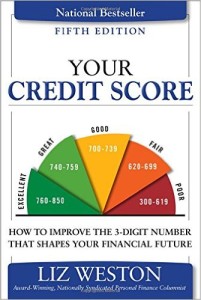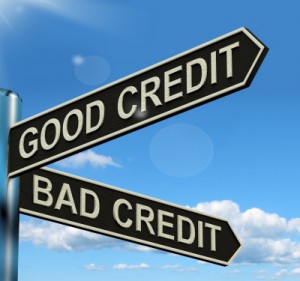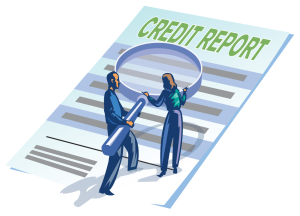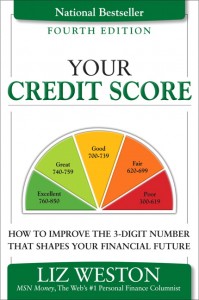 Today’s top story: How to make living in a new place a reality. Also in the news: How one couple paid off $300k of debt in three years, what workers can learn from retirees’ regrets, and the average FICO score hits an all-time high.
Today’s top story: How to make living in a new place a reality. Also in the news: How one couple paid off $300k of debt in three years, what workers can learn from retirees’ regrets, and the average FICO score hits an all-time high.
Dreaming of Living in a New Place? Here’s How to Make It a Reality
One step at a time.
How I Ditched Debt: Small Wins Help Achieve a Big Dream
How one couple paid off over $300K in three years.
What Workers Can Learn From Retirees’ Regrets: Save More Now
The sooner, the better.
Average FICO score hits all-time high
The nation’s average score is now 706.
 The Consumer Financial Protection Bureau today ordered Equifax and TransUnion to pay more than $23 million in restitution and fines for deceiving consumers about the usefulness and actual cost of credit scores they sold to consumers. Regulators said the bureaus also lured customers into expensive subscriptions when people thought they were getting free scores.
The Consumer Financial Protection Bureau today ordered Equifax and TransUnion to pay more than $23 million in restitution and fines for deceiving consumers about the usefulness and actual cost of credit scores they sold to consumers. Regulators said the bureaus also lured customers into expensive subscriptions when people thought they were getting free scores.


